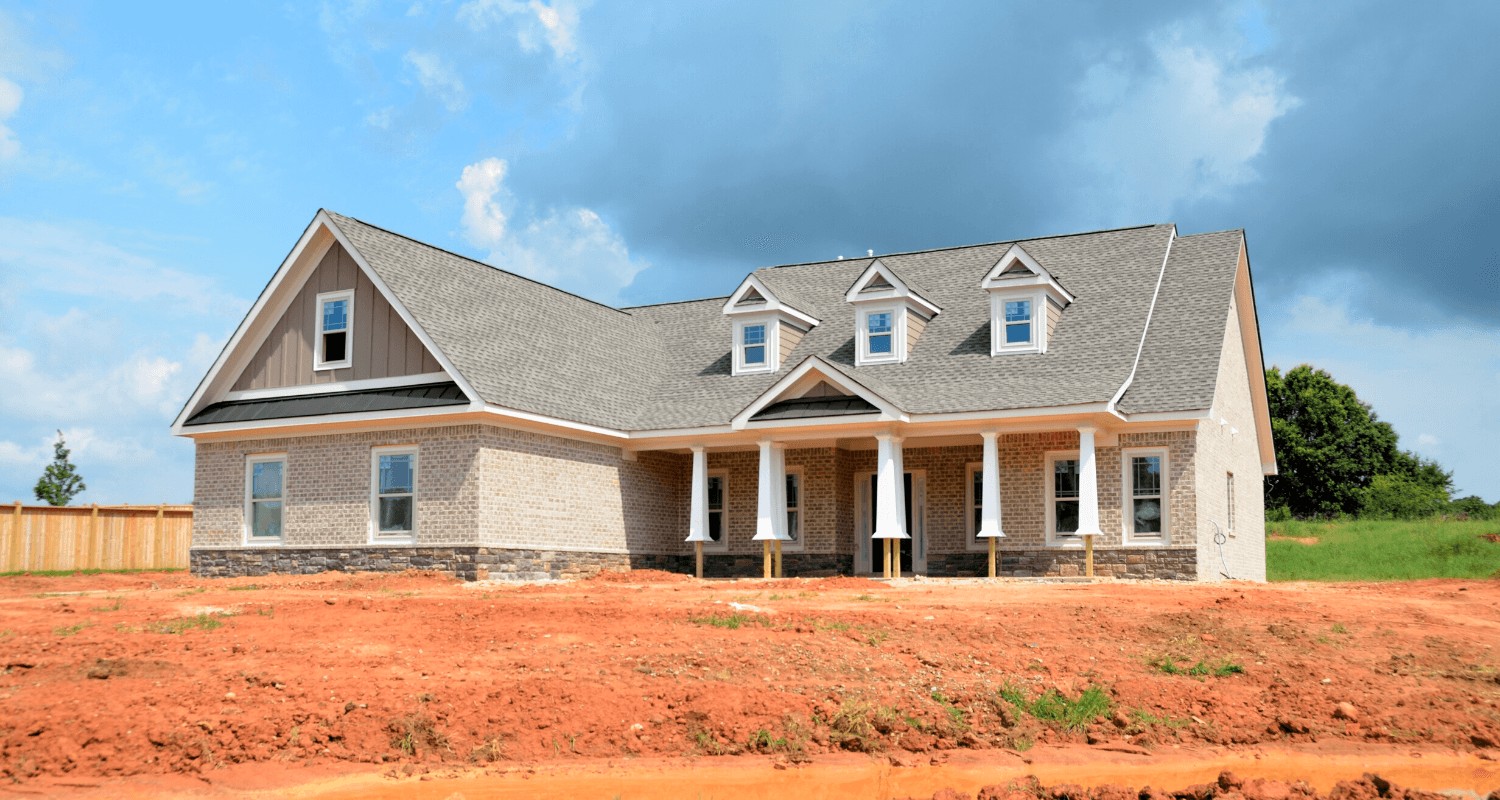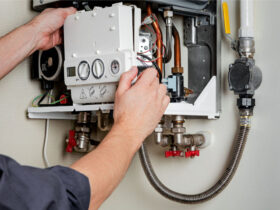When buying an older house, one of the most important things to consider is the condition of the HVAC system. These days, heating and/or cooling a home isn’t just a luxury—it’s a necessity. No modern home buyer wants to live in a house that can’t be climate controlled. Not everyone can be a certified HVAC technician, though, so what’s the uninitiated supposed to do? How can you tell if the system needs maintenance, or worse—needs to be replaced?
What is HVAC?
It’s important to start with the basics. For those of us unfamiliar with the term, HVAC stands for Heating, Ventilation, and Air Conditioning. It’s the system that heats and cools the home, as the name implies. However, there are a variety of mechanisms that can be used to accomplish these tasks. Let’s look at a few.
Boilera
Most older homes use what’s called a boiler, which is exactly what it says on the tin. Usually run on either LPG or diesel, it heats a large tank filled with water, which is then piped through the house. The pipes run through a device that disperses the heat (commonly a fin tube radiator). The radiator serves as a heat exchange and warms the air in the room. Frequently, boilers go unaccompanied by air conditioning, and thus, while heating the home, aren’t technically part of a ventilation system since they don’t ventilate the home.
Furnace
The backbone of most HVAC systems, a furnace differs from a boiler in that it removes the middleman. Rather than heating water, which then heats the air, a furnace heats a heat exchange, which directly warms the air that is passed over it. That warm air is then vented into the home to warm it. It’s frequently used in concert with air conditioning and is the preferred heating method of most modern homes. Suppose you experience andy damage or malfunctioning in your furnace, call for a trusted furnace maintenance Sedalia MO services to resolve the problem.
Heat Pump
In temperate climates, sometimes a heat pump will be used. Heat pumps are unique in their ability to reverse themselves, serving as a heater in cool weather and as AC in the heat. When the home is too hot, it can cool it by circulating the air in the home past heat exchangers that absorb the heat out of the air, then pass it outside. It reverses this process during the cold season. It’s an efficient system, but one that can’t handle temperature extremes, and is usually supplemented or replaced by more traditional heaters in colder climates.
AC
Air conditioning, or AC, is the trademark system that cools the house. It functions the same way a fridge does, by condensing an inert gas (like freon), and passing it through a heat exchange that blows air across the pipes that contain it. The air warms the freon so it can evaporate again, and the cooled air is then vented through the house. The freon is condensed once more, and the process is repeated until the house has reached the desired temperature.
Swamp Cooler
Swamp coolers function by using water rather than a gas. The cooler maintains a puddle of water, which air is then run across and blown into the home. On hot days, the heat from the air will cause the water to evaporate (much the same way it would cause the freon to shift from liquid to gas), and carries that moisture with it into the home. Evaporating the water cools the air, and that cool air lowers temperatures in the home.
Because it doesn’t require the continual compression of freon, swamp coolers are more energy efficient than traditional AC. However, it can only cool the home by about 20 degrees and doesn’t function well in wet climates (that already have a measure of moisture in the air).
Water Heater
Related to these systems, and usually kept in the same room as the heater (often referred to as a “boiler room”), is the water heater, which heats water that is supplied to the faucets in the home. The primary difference between the water heater and a boiler is that “hot water” is potable water intended for direct use by the residents, and thus isn’t heated to boiling. We mention it here not because it’s part of the HVAC system, but because you might be curious what that other thing in your boiler room is. Checking its condition is also wise, as it’s a necessary feature in the home, and identifying problems with it is usually done the same way as with the HVAC system.
Identifying Problems with the HVAC System
When you open the door to the boiler room, you need not feel overwhelmed. You can make an informed judgment call regarding the health of the HVAC system without being a certified technician. All it takes is using your five senses.
Look
Do you see accumulated water underneath the unit? Are there cracks in the tank/housing/pipes? Is there a significant amount of rust?
Listen
Do you hear any loud or unusual noises when the unit is running? Grinding, popping, banging, screeching—any sound you don’t want your car making is a bad sign, and an indication you will want to have the unit inspected.
Smell
Do you smell something out of place? This can be the smell of exhaust, fuel, or burning. Burning may be an indication of an electrical issue. Exhaust may indicate there is a leak somewhere, allowing exhaust into the ventilation system. All are bad signs.
Feel
Do rooms in the home feel different temperatures? Too cold in the winter, too warm in the summer?
Taste
Do energy bills and repair costs leave a sour taste in your mouth?
Ultimately, the final determining factor of the health of the system is its age: most units are only designed to run for about 10-15 years, even with regular maintenance. Furnaces, in particular, tend to run longer, sometimes as long as 25 years, but don’t expect any unit to be energy efficient or even fully effective beyond that age, water heaters included. At that point, the cost of maintenance to keep a unit running will far outweigh the cost of replacing it, and a new HVAC system will do wonders for a home’s value. When in doubt, call a technician; they can give you more specifics on what work may need to be done. A system that’s ready to retire, though, should be easy for you to identify.
A home that can’t heat or cool itself is a big turnoff to buyers, so be sure to check before you snag a property. To learn more about what buyers want in a home, look into Tarek and Christina seminars (of Flip or Flop fame). They can help you turn up the heat on your real estate investments.





